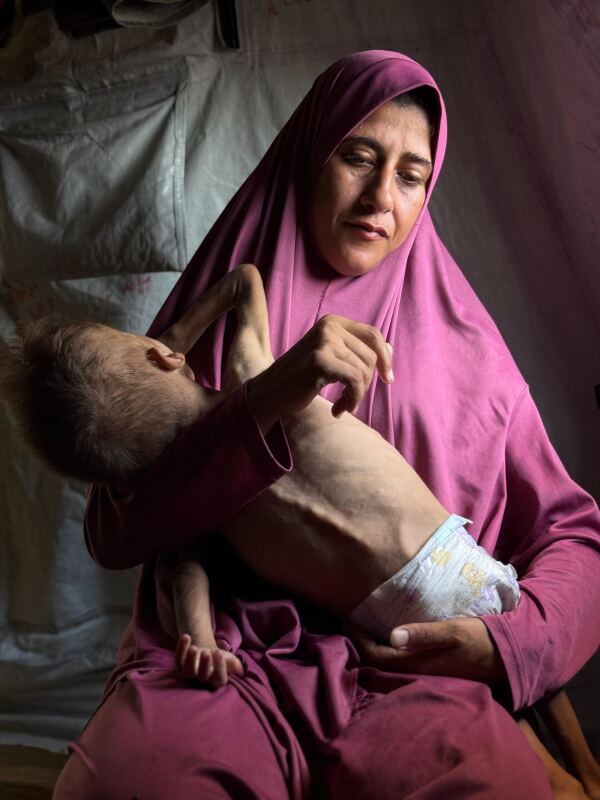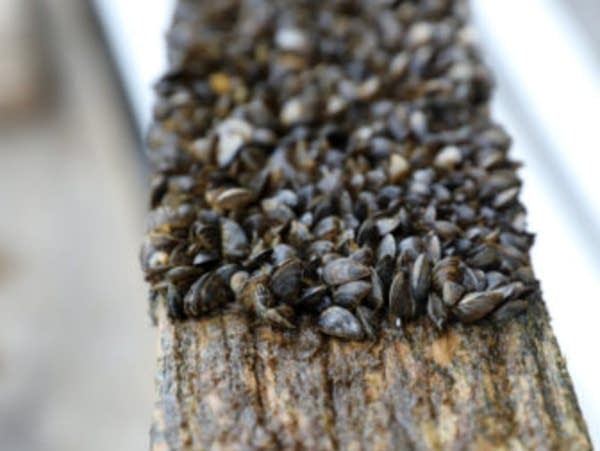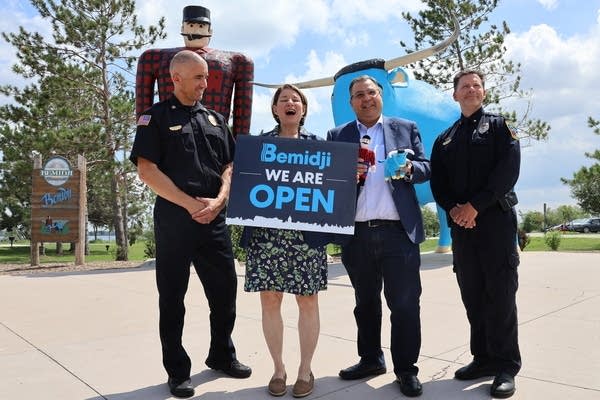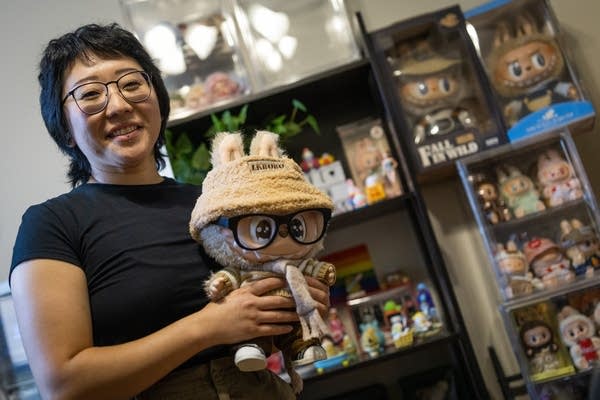Man arrested who allegedly trespassed at Capitol, including once naked
The State Patrol says they arrested a 36-year-man Saturday night, less than 24 hours after he was allegedly found naked inside the Minnesota Capitol.
Go Deeper.
Create an account or log in to save stories.
Like this?
Thanks for liking this story! We have added it to a list of your favorite stories.
















